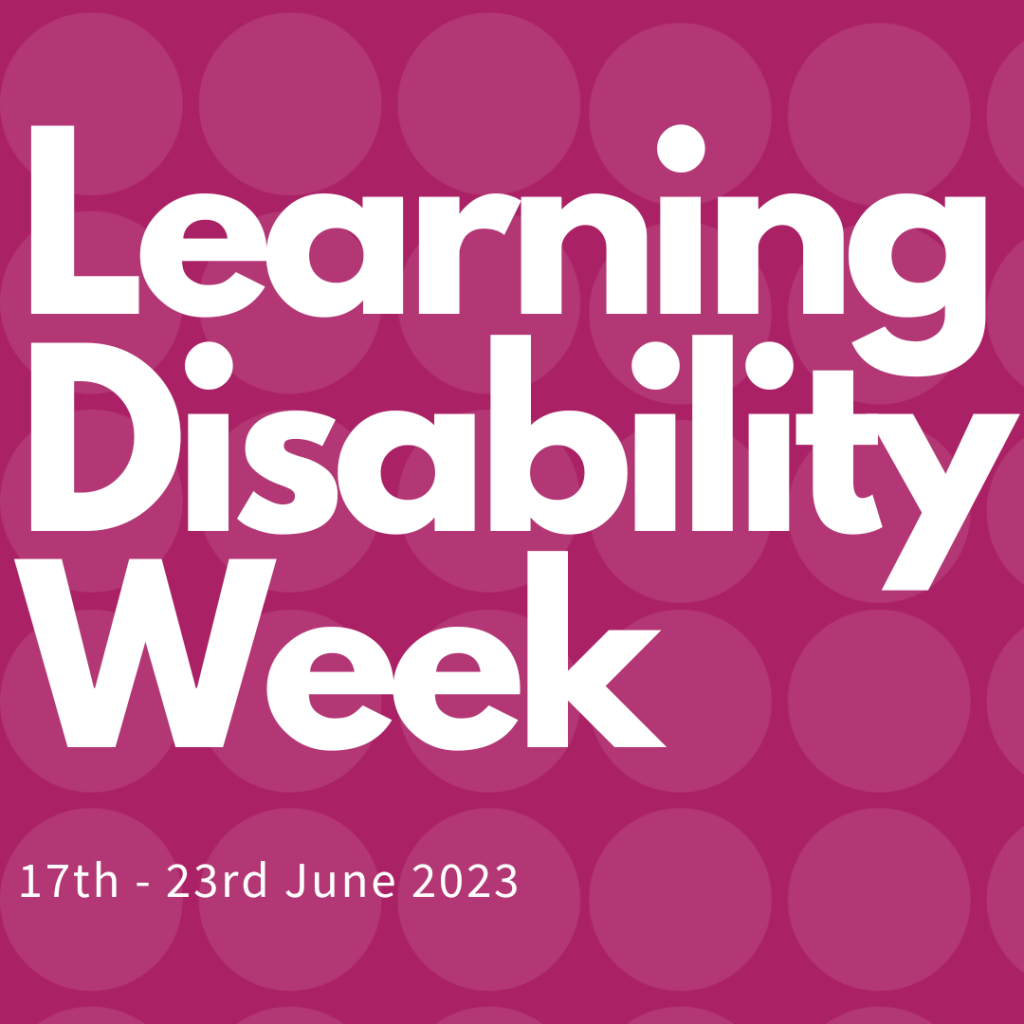
Learning Disability Week is from the 17th to 23rd June 2024. This year’s theme is “Do you see me?” which is about being seen, heard, and valued in the workplace and society.
Daily Themes
For this year’s Learning Disability Week, each day is focused on a specific topic:
- Monday 17 June: “Do you see me?”
- Tuesday 18 June: “Do you understand me?”
- Wednesday 19 June: “Will you work with me?”
- Thursday 20 June: “Do you hear me?”
- Friday 21 June: “Do you include me?”
- Saturday 22 June: “Will you support me?”
This week aims to challenge the barriers people with a learning disability face and celebrate the contributions they make to society.
Employment Statistics and Challenges
Sadly, only 26.7% of adults with a learning disability are employed, yet 86% of unemployed people with a learning disability want to work. The 2024 CIPD Good Work Index reported that employees with protected characteristics, such as a learning disability, are more likely to experience workplace conflict, including humiliation or verbal abuse. With 1 in 50 adults having a learning disability, Learning Disability Week is a crucial opportunity to raise awareness and celebrate diversity in our communities.
Understanding Learning Disabilities
A person with a learning disability has:
- A significantly reduced ability to understand new or complex information and to learn new skills, is known as impaired intelligence.
- A reduced ability to cope independently, is known as impaired social functioning.
Learning disabilities are distinct from learning difficulties such as dyslexia or neurological conditions like ADHD. They can range from mild to profound and are lifelong conditions.
Employer’s Duty Under Employment Law
A learning disability can be considered a protected characteristic under the Equality Act 2010 if it meets the legal definition of a disability. Section 6 of the Act defines a disability as a physical or mental impairment with a substantial adverse impact on an individual’s ability to perform normal day-to-day activities for at least 12 months. As of January 2024, normal day-to-day activities include fully and effectively participating in working life.
Reasonable Adjustments in the Workplace
Employers have a duty to make reasonable adjustments for employees with a learning disability. Adjustments should be tailored to individual needs and might include:
- Alterations to buildings (lifts, wide doors, ramps)
- Tactile signage
- Inclusive and accessible recruitment processes
- Quiet spaces
- Tailored working hours
- Changes to policies and procedures
Employers should consider investing in diversity and inclusion training and seek support from organisations such as Access to Work, Mencap, and the National Autistic Society.
Find out more about our Equality, Diversity and Unconcious Bias training by emailing [email protected]
Workplace Tips for Inclusivity
Here are tips to make your workplace more inclusive for individuals with learning disabilities:
- Challenge barriers faced by people with learning disabilities.
- Celebrate their contributions.
- Spread awareness of Learning Disability Week.
- Hold inclusion and diversity training sessions.
- Organise fundraising events for charities supporting learning disabilities.
- Join the Disability Confident Employer scheme to help with recruiting and training individuals with a learning disability.
General Election and Employer Responsibilities
With the general election on the horizon, employers should monitor political parties’ manifestos. For example, the Liberal Democrats have committed to fully implementing the United Nations Committee on the Rights of Persons with Disabilities. The election results could significantly impact employers’ responsibilities and liabilities, emphasising the importance of HR compliance and staying updated on employment law.
Contact Us
If you need advice on learning disabilities in the workplace, want to explore our training packages to upskill your workforce, or need guidance on HR compliance, please contact us at 0333 888 1360 or complete the enquiry form, and we’ll get back to you as soon as possible.
Stay informed about future changes by subscribing to our newsletter for updates on important events and employment law compliance.






